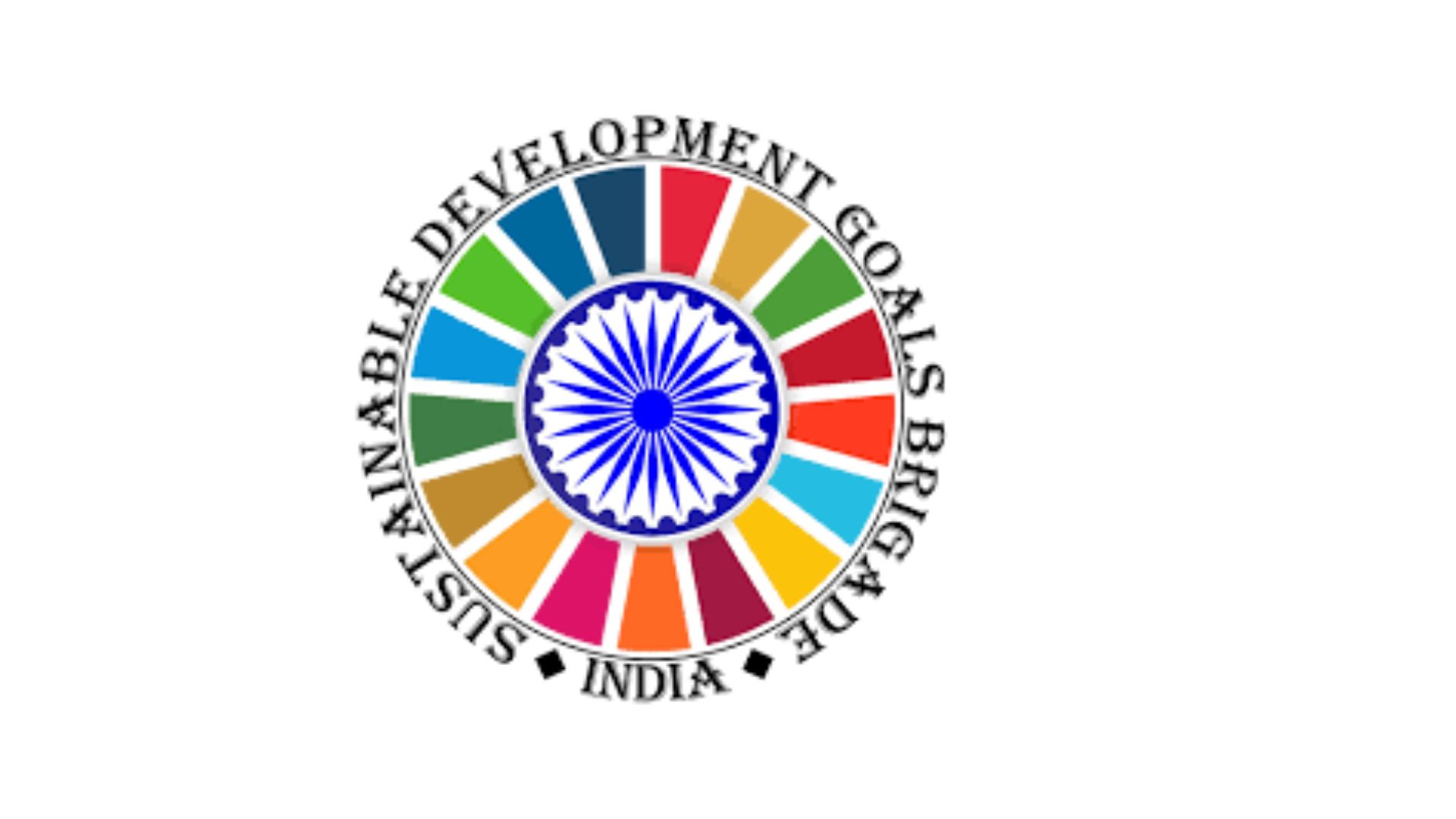Indian Customs serves as the nation’s primary interface with the world, tasked with facilitating the movement of goods and people while fulfilling three core functions: fiscal responsibility, economic oversight, and national security. Through these duties, Customs not only serves the economy but has also evolved into a dynamic entity that plays a crucial role in India’s engagement with the global economy.
At the heart of its fiscal duties, Customs collects revenue, while also promoting economic growth by ensuring the smooth flow of international trade. This has been key in integrating India into global value chains, contributing to India’s improved position in the World Bank’s Logistics Performance Index 2023. Recent fiscal reports, including the Union Budget 2024-25 and the Economic Survey 2023-24, reflect sustained and steady progress in these areas.
Sustainability, however, extends beyond economic considerations—it is integral to the long-term health of both society and the environment. The United Nations’ Sustainable Development Goals (SDGs), adopted in 2015, offer a global framework for addressing social, economic, and environmental challenges. These goals, part of the 2030 Agenda, recognize international trade as both a catalyst for economic growth and a vehicle for achieving the SDGs. Key targets related to trade include SDG 16.4, which addresses organized crime and the illegal arms trade, and SDG 17.10, which promotes a universal, rules-based, open trading system under the World Trade Organization (WTO). The Addis Ababa Action Agenda (2015) further acknowledges trade as a driver of inclusive growth and poverty reduction.
As highlighted by the Reserve Bank of India’s August 2024 Bulletin and NITI Aayog’s SDG India Index 2023-24, there has been an increased emphasis on achieving the SDGs at both the national and state levels. Indian Customs, as an integral part of this effort, directly contributes to India’s progress on various SDG targets. The World Customs Organization (WCO) has framed sustainability through its 2020 theme: “Customs Fostering Sustainability for People, Prosperity, and the Planet.” Within this vision, Indian Customs plays a vital role in advancing the SDGs related to people, prosperity, and the planet.
In terms of people, Indian Customs’ fiscal function plays a direct role in reducing poverty (SDG 1), while its economic function promotes food security (SDG 2) and ensures public health (SDG 3). In collaboration with the Food Safety and Standards Authority of India (FSSAI) and the Agricultural and Processed Food Products Export Development Authority (APEDA), Indian Customs supports sustainable agriculture and facilitates access to international agricultural markets. The role of Customs was particularly evident during the COVID-19 pandemic, where its border security efforts helped curb the spread of the virus while preventing the illegal trade of hazardous chemicals. Moreover, the government’s gender inclusiveness policies in international trade, reinforced by CBIC’s guidelines in 2024, ensure that trade promotes women’s economic empowerment, in line with SDG 5.
When it comes to prosperity, Indian Customs facilitates inclusive growth, innovation, and industrialization, helping achieve SDGs 8, 9, 10, and 11. Through initiatives like Digital Customs, single-window clearance, and the Revised Kyoto Convention, Customs has streamlined trade, improved supply chain efficiency, and facilitated business through competitive global standards. This has contributed to India’s improved performance in the UNESCAP’s Global Survey on Digital and Sustainable Trade Facilitation, underscoring its commitment to inclusive economic growth.
In the realm of environmental sustainability, Indian Customs plays an essential role in achieving SDGs 12 to 15, which focus on sustainable consumption, climate change mitigation, and biodiversity preservation. Through active enforcement of multilateral environmental agreements—such as the Basel Convention on hazardous waste, the Montreal Protocol on ozone-depleting substances, and CITES on endangered species—Indian Customs helps mitigate environmental damage caused by illicit trade. Operations like DEMETER VI and THUNDER target illegal waste disposal and wildlife trafficking, while the Green Customs Initiative bolsters efforts to monitor and facilitate legal trade of environmentally sensitive goods.
In addition to environmental goals, Indian Customs contributes to SDG 16, which seeks peaceful societies, and SDG 17, which promotes global partnerships. Through its security function, Customs prevents the illicit flow of arms, drugs, and human trafficking, thereby strengthening international cooperation and global peace.
The overarching vision of Indian Customs is encapsulated in the goal of Towards Viksit Bharat: Sustainable Progress, Inclusive Growth. However, it is critical to expand the understanding of sustainability beyond economic growth and environmental protection. The formulation of policies with an SDG lens—one that balances social, economic, and environmental outcomes—will ensure that Indian Customs can further support responsible trade practices, that include social and environmental outcomes in their profit equation, and contribute more effectively to India’s SDG targets.
A more nuanced approach to sustainability requires aligning Customs policies with circular economy principles, resource efficiency, and pollution reduction. Such an integrated approach will not only enhance India’s position in global trade but also drive domestic progress toward equitable and sustainable development. With a clear focus on these goals, Indian Customs can continue to be a cornerstone of India’s efforts towards a prosperous and sustainable future.
Avinash Pandey is an IRS officer posted in Ludhiana in the rank of Deputy Commissioner of Customs & Indirect Taxes. On X: @avipandey_. Views are personal and do not reflect the view of the government.

